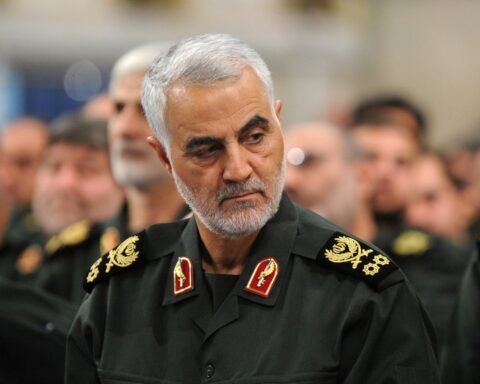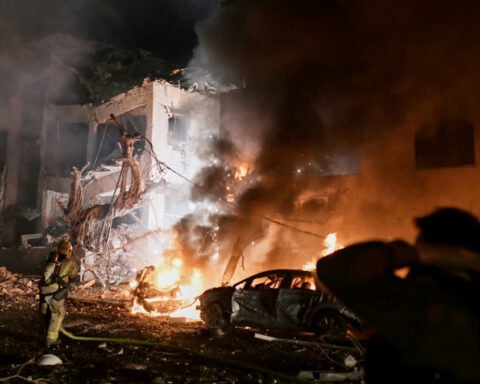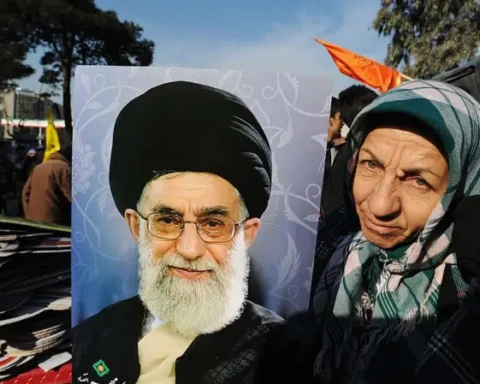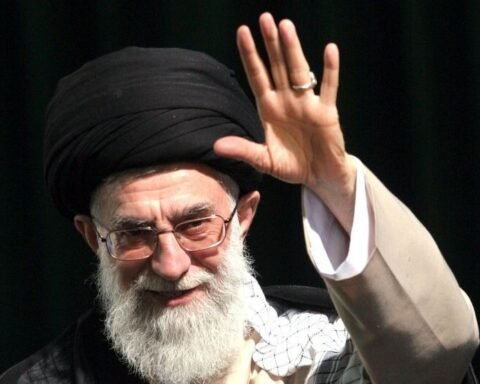The high-profile treason case involving Tundu Lissu, the CHADEMA national chairperson and one of Tanzania’s most vocal opposition leaders, was adjourned once again on Monday after state prosecutors told the Kisutu Resident Magistrate’s Court that investigations remain incomplete.
The prosecution requested that the case be postponed until June 2, 2025, citing the need for more time to conclude legal procedures. Lissu, who previously served as a Member of Parliament for Singida East and survived an assassination attempt in 2017, was present in court for the hearing.
This is not the first delay in the case. Lissu faces two major charges: treason, which carries a potential death penalty, and the publication of false information — allegedly disseminated via YouTube. The latter charge falls under Tanzania’s Cybercrimes Act of 2015, which has drawn criticism from human rights organizations for its vague language.
Lissu’s legal team — led by attorneys Mpale Mpoki, Dr. Rugemeleza Nshala, and Peter Kibatala — challenged the delay and demanded that the prosecution provide specific reasons for the prolonged investigation.
“The state must explain the basis of this delay,” argued advocate Mpoki. “The burden is on them to show the legal justification for depriving someone of liberty under vague terms like ‘pending investigations.’”
In response, the State Attorney reiterated that ongoing investigations are not required to be made public and emphasized that “investigative matters remain confidential by nature.”
Outside the courtroom, security remained tight, with both uniformed and plainclothes officers stationed around the premises. Lissu entered the court under heavy escort. His supporters, while peaceful, expressed concern about what they see as politically motivated charges aimed at silencing dissent ahead of the upcoming 2025 Tanzanian general election.
Also Read; Gold Mining Halted in Congo Over Tax Dispute
Over the weekend, prominent Kenyan activists including Martha Karua and former Chief Justice Willy Mutunga were reportedly denied entry into Tanzania after they attempted to attend Lissu’s trial in solidarity. The move drew condemnation from regional civil society groups and was seen as an affront to democratic norms.
Magistrate Franco Kiswaga ruled in favor of the adjournment but urged the prosecution to accelerate its work. “This matter must proceed expeditiously to preserve the rights of all parties involved,” he said.
Lissu, a former Presidential candidate, has long been a thorn in the side of the government. His fiery speeches, legal background, and history of advocacy — including his role in the Tanganyika Law Society — have made him a symbol of resistance in Tanzania’s evolving political landscape.
Observers from across East Africa and beyond continue to watch the case closely. Human rights watchdogs, legal scholars, and foreign diplomats have raised concerns about the fairness of the proceedings and the broader implications for freedom of expression, rule of law, and opposition rights in the country.







